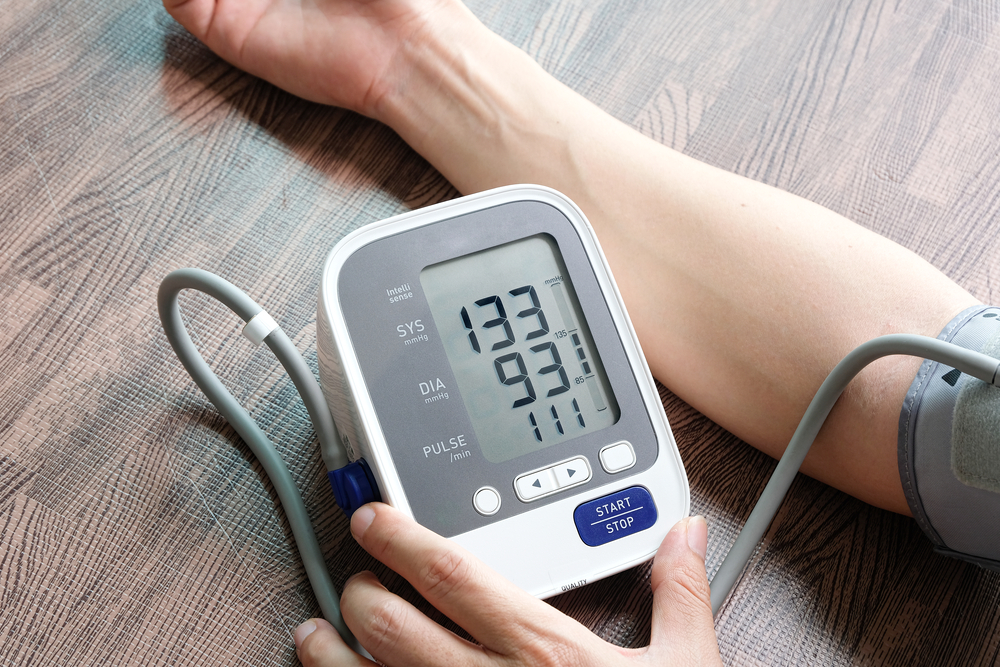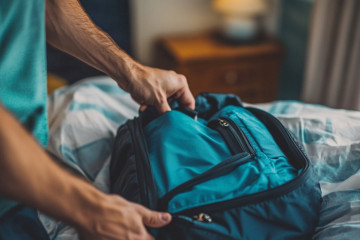If you have high blood pressure, follow these expert tips to ensure a safe and enjoyable travel experience. Learn how to manage your condition, stay hydrated, eat healthily, and reduce stress while on the go.
Traveling can be an exhilarating and enriching experience, but for individuals with high blood pressure, it requires some extra precautions to ensure a safe and enjoyable journey. High blood pressure, also known as hypertension, is a common health condition that requires careful management, especially when embarking on a trip. Prioritizing regular monitoring, medication management, healthy habits, and stress reduction will help ensure a memorable and health-conscious journey. Always consult your healthcare provider before making any significant changes to your travel plans or medication regimen. With proper preparation and precautions, individuals with high blood pressure can explore the world with confidence and peace of mind.
Here are seven essential tips that people with high blood pressure should follow while traveling:
1. Consult Your Doctor
Before setting off on your journey, consult your doctor to ensure that you are medically fit to travel. They can provide valuable advice on how to manage your blood pressure during your trip, recommend any necessary adjustments to your medications, and offer tips for preventing complications.
2. Monitor Your Blood Pressure
Bring a portable blood pressure monitor with you to keep track of your readings. Regular monitoring will help you stay aware of any changes and allow you to take necessary actions if your blood pressure rises unexpectedly.
3. Pack Medications
Ensure you have an adequate supply of your prescribed medications for the duration of your trip. Pack them in their original containers, along with a copy of your prescription. Keep them in your carry-on bag to ensure they are accessible during the journey.
4. Healthy Eating
Choose heart-healthy, low-sodium foods whenever possible. Opt for fresh fruits, vegetables, lean proteins, and whole grains. Avoid fast food and high-sodium snacks that can exacerbate high blood pressure.
5. Stress Management
Traveling can be stressful, which can impact blood pressure. Practice relaxation techniques such as deep breathing, meditation, or mindfulness to keep stress levels in check. Engaging in activities you enjoy, like reading or listening to soothing music, can also help alleviate stress.
6. Plan Rest Stops
If you’re driving, plan regular rest stops to take a break, stretch, and walk around. This will help improve circulation and prevent blood pressure spikes.
7. Adjust Travel Plans
If you’re planning to travel to high-altitude destinations, consult your doctor first. High altitudes can affect blood pressure and oxygen levels, so it’s essential to understand the potential risks and take necessary precautions.



